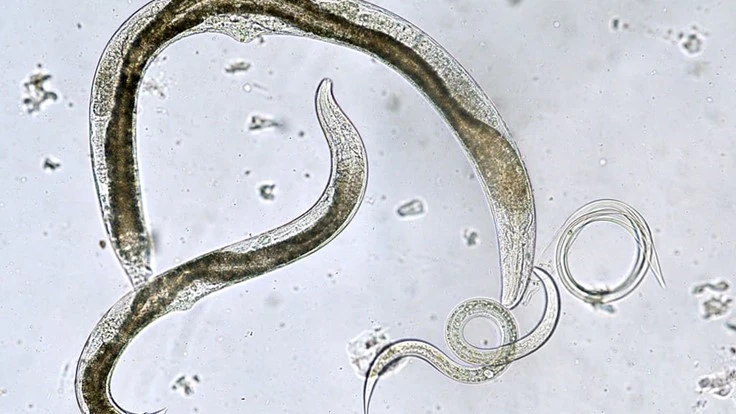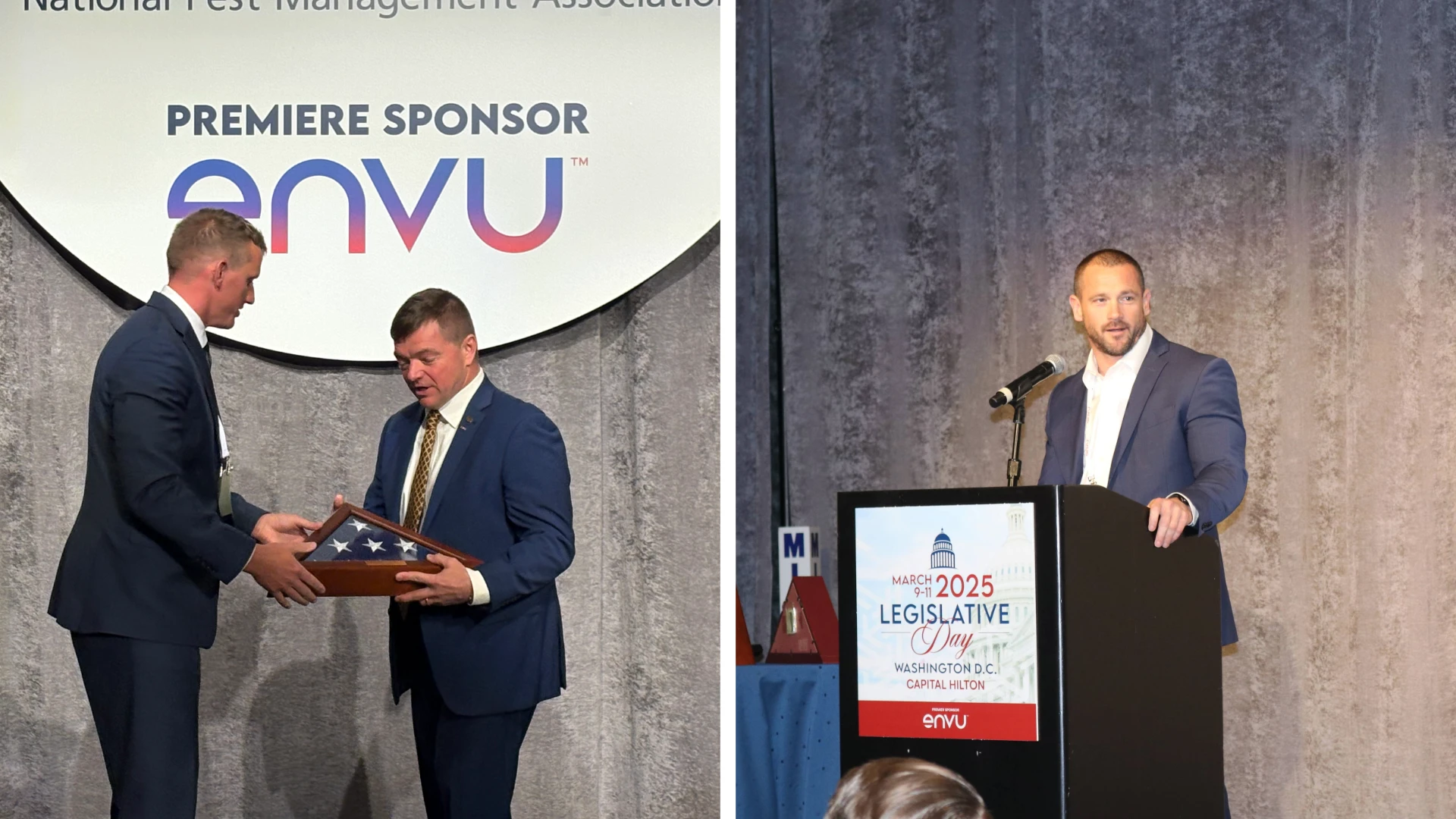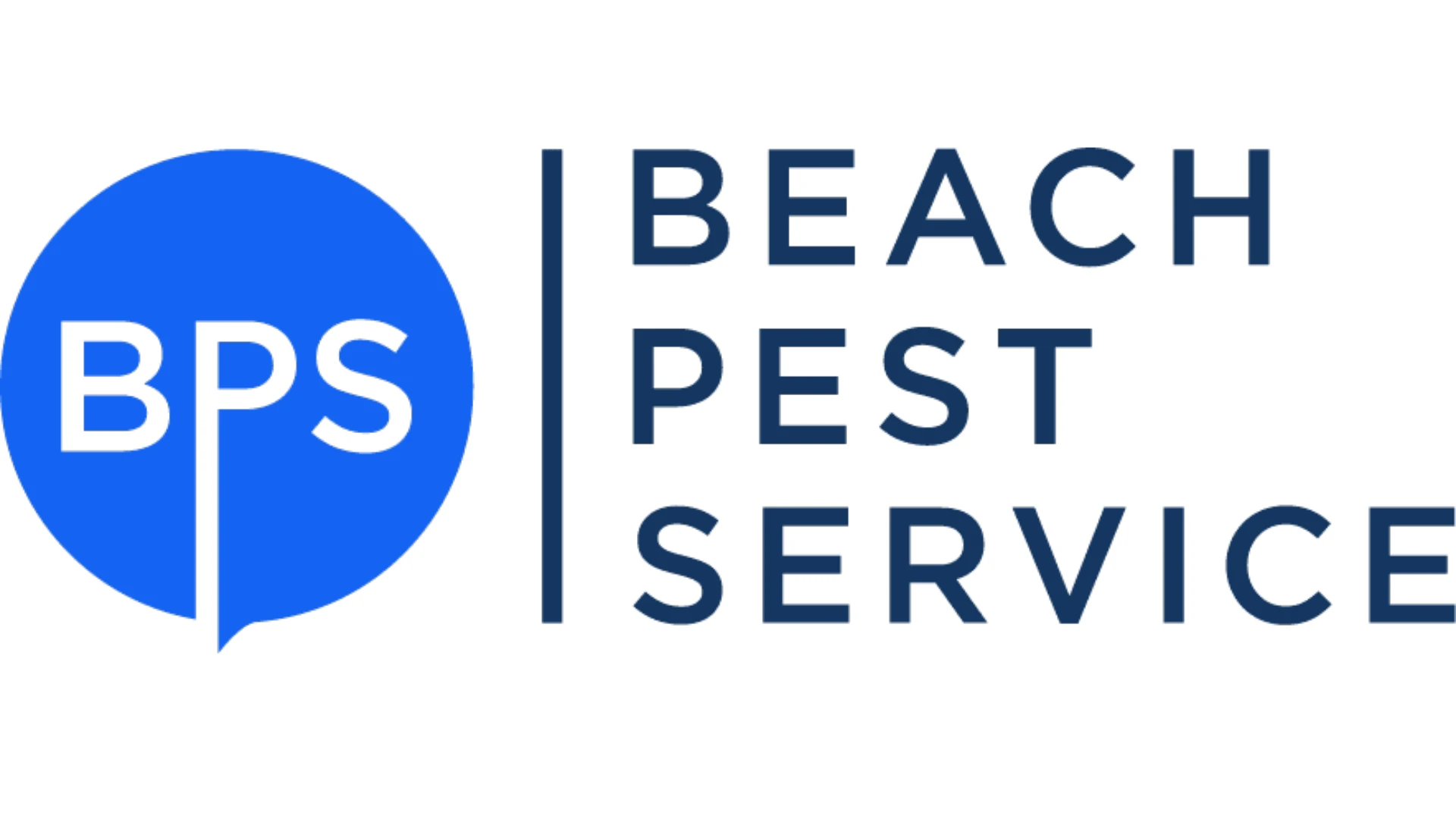
The Township of Centre Wellington in Ontario is taking a novel approach to control subterranean termites: beneficial nematodes.
The nematodes will be applied in spring and fall to properties in the communities of Elora and Fergus, where termite activity has been observed in the past.
Nematodes are microscopic, thread-like roundworms that attack insect pests. Scientists have found the parasites to be effective control agents for various subterranean termite species, but only a limited number of field studies have been conducted.
Nematodes come in a powder form, which is mixed with water and sprayed on soil and directly onto termite nests. The juvenile worms locate their host in response to carbon dioxide, vibration and other chemical cues and penetrate the termites through natural openings or the cuticle. Once inside, they release a gut bacterium that kills the host, usually within two to three days.
A termite survey conducted in 2020 by Dr. Tim Myles of Termite Research Services found 259 properties in Elora and Fergus had active or inferred termite activity. These properties were assigned to “red zones.” In addition, 219 perimeter-buffer properties adjacent to red-zone properties were identified. These properties were assigned to “blue zones.”
Myles, who also is the termite control inspector for the city of Guelph, states in the survey report that subterranean termites of the genus Reticulitermes are not native to Ontario. They were first reported in Essex County, Ontario, in 1929, and now occur in more than 30 municipalities in the province. The pests have been active in Elora and Fergus for at least 50 years.
In March, the Township of Centre Wellington was preparing a request-for-proposal (RFP) for nematode treatments to red-zone properties. If access to a property is refused, treatment would be expanded to adjacent blue-zone properties. The RFP scope of work also includes public education, spring and fall wood waste clean-up and preferred pricing for residents to have their homes inspected and treated for termites.
The cost of nematode treatment, estimated at $80,000 a year, will be funded by the township, and treatments were anticipated to continue for up to five years. At that point, another termite survey will be conducted to assess the results.
Latest from Pest Control Technology
- Understanding Rodents and Bird Flu
- Green Pest Solutions Awards Safest Driver New 2025 Ford F150
- UF/IFAS Sheds Light on Tiny Invaders During Termite Awareness Week
- Registration Open for Lawn & Landscape Technology Conference
- Fleetio Launches Automotive Service Excellence Scholarship
- WorkWave Appoints John Phelan as CTO
- PMPs Use Capitol Hill Visits to Push for Preemption
- 20 Trapping Tips





